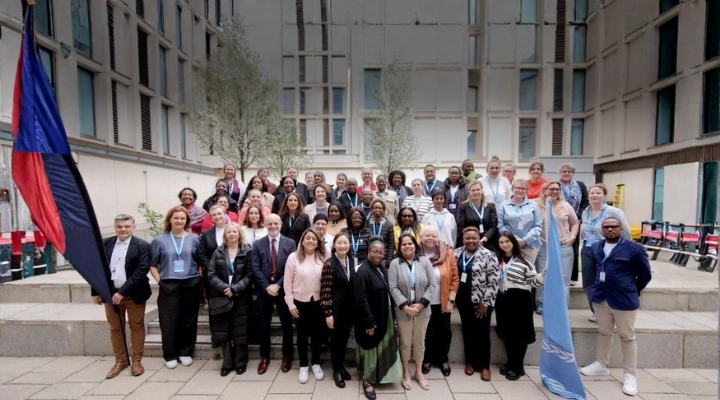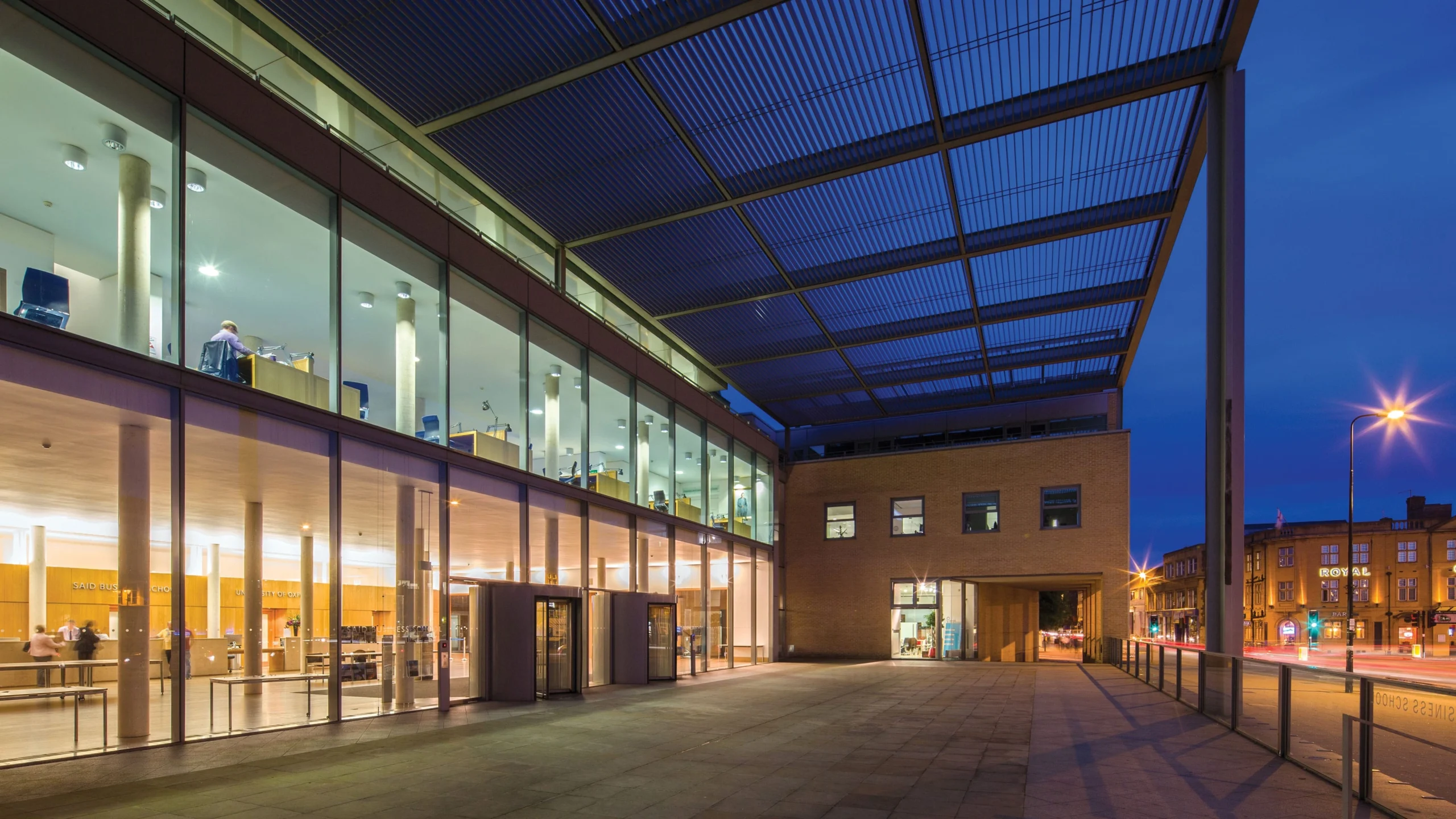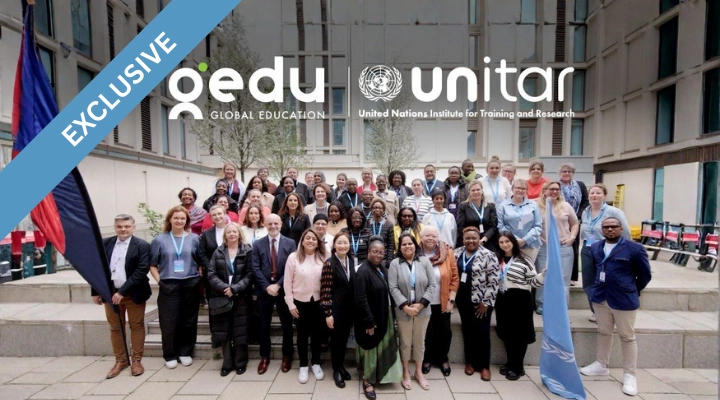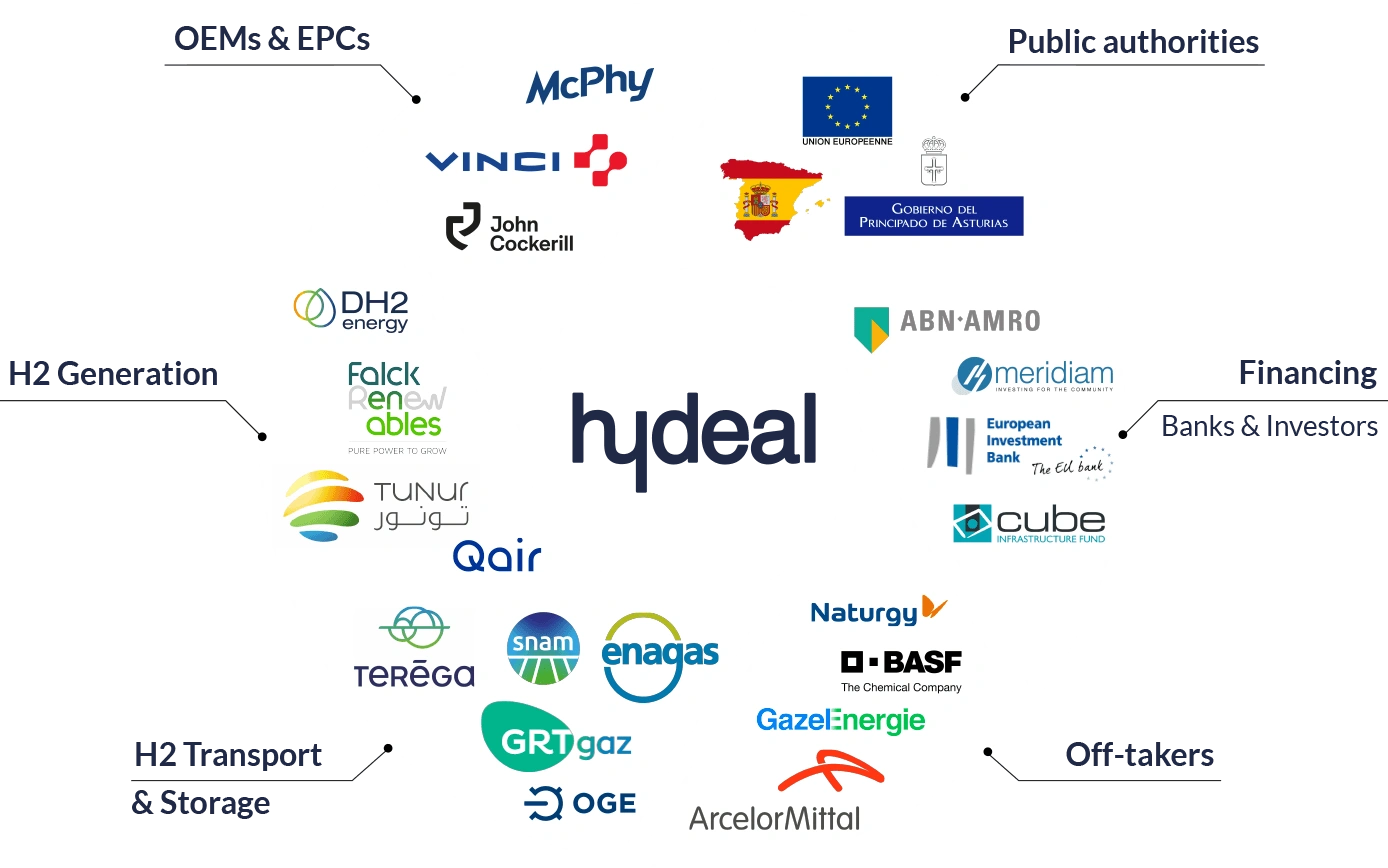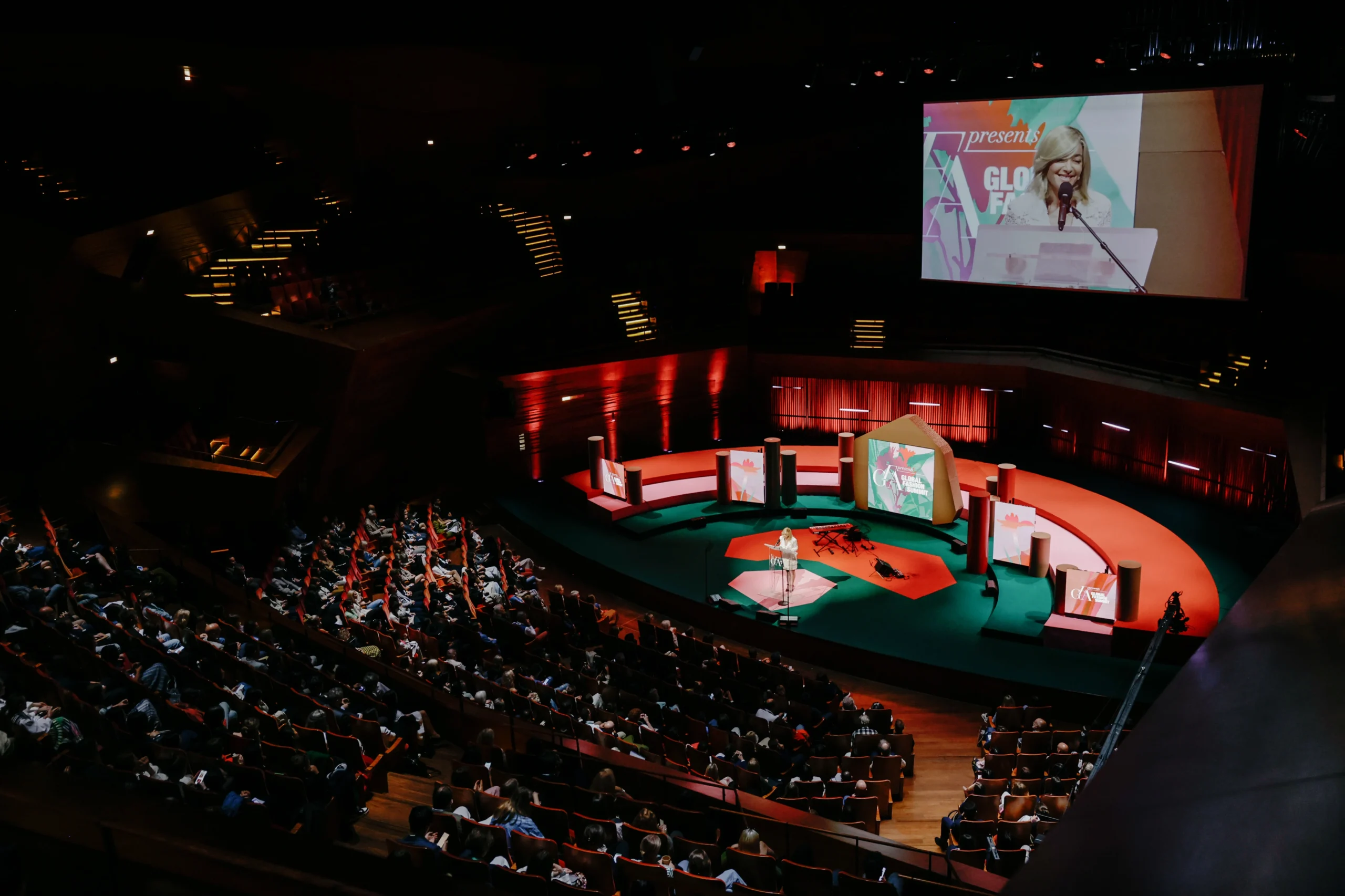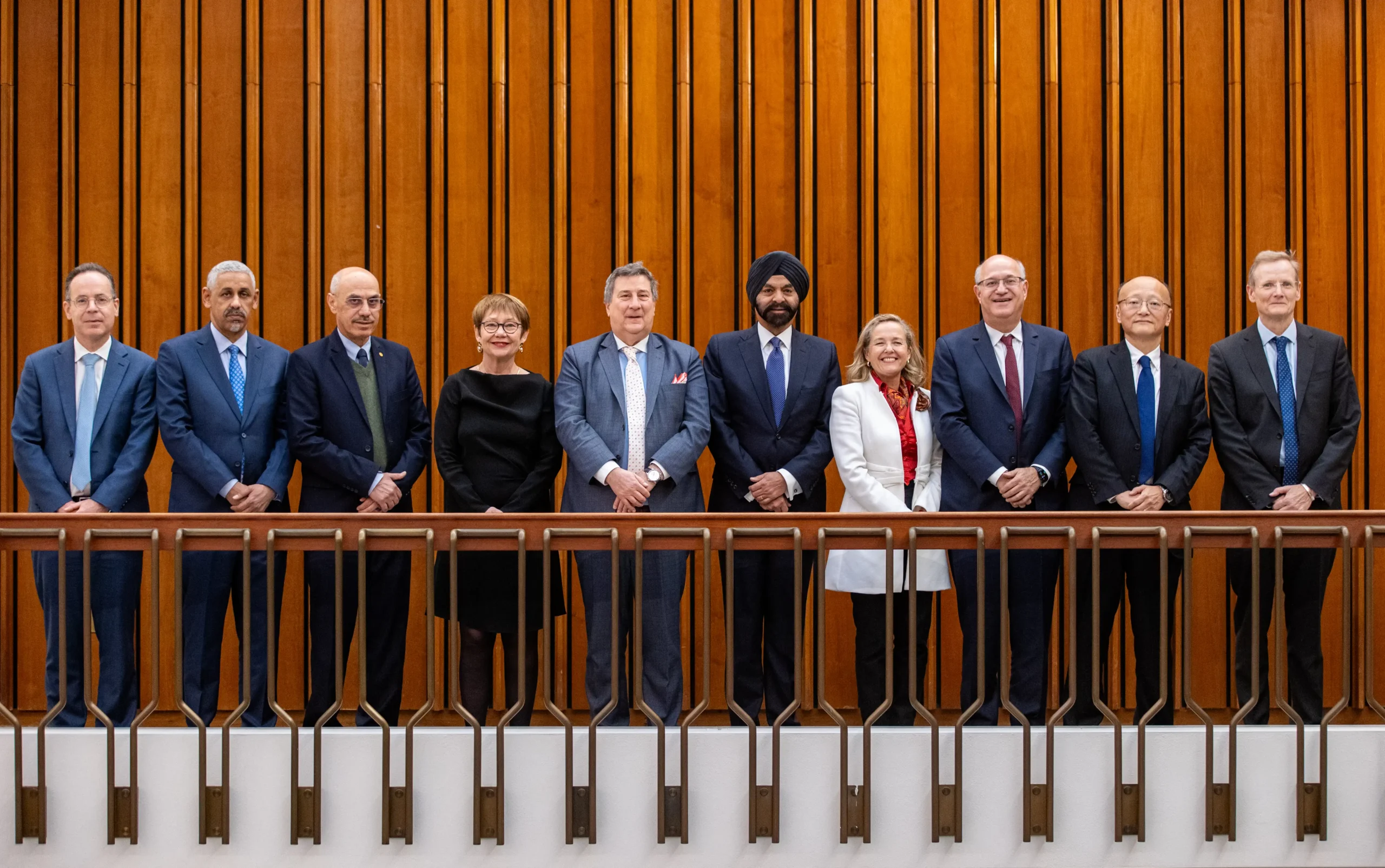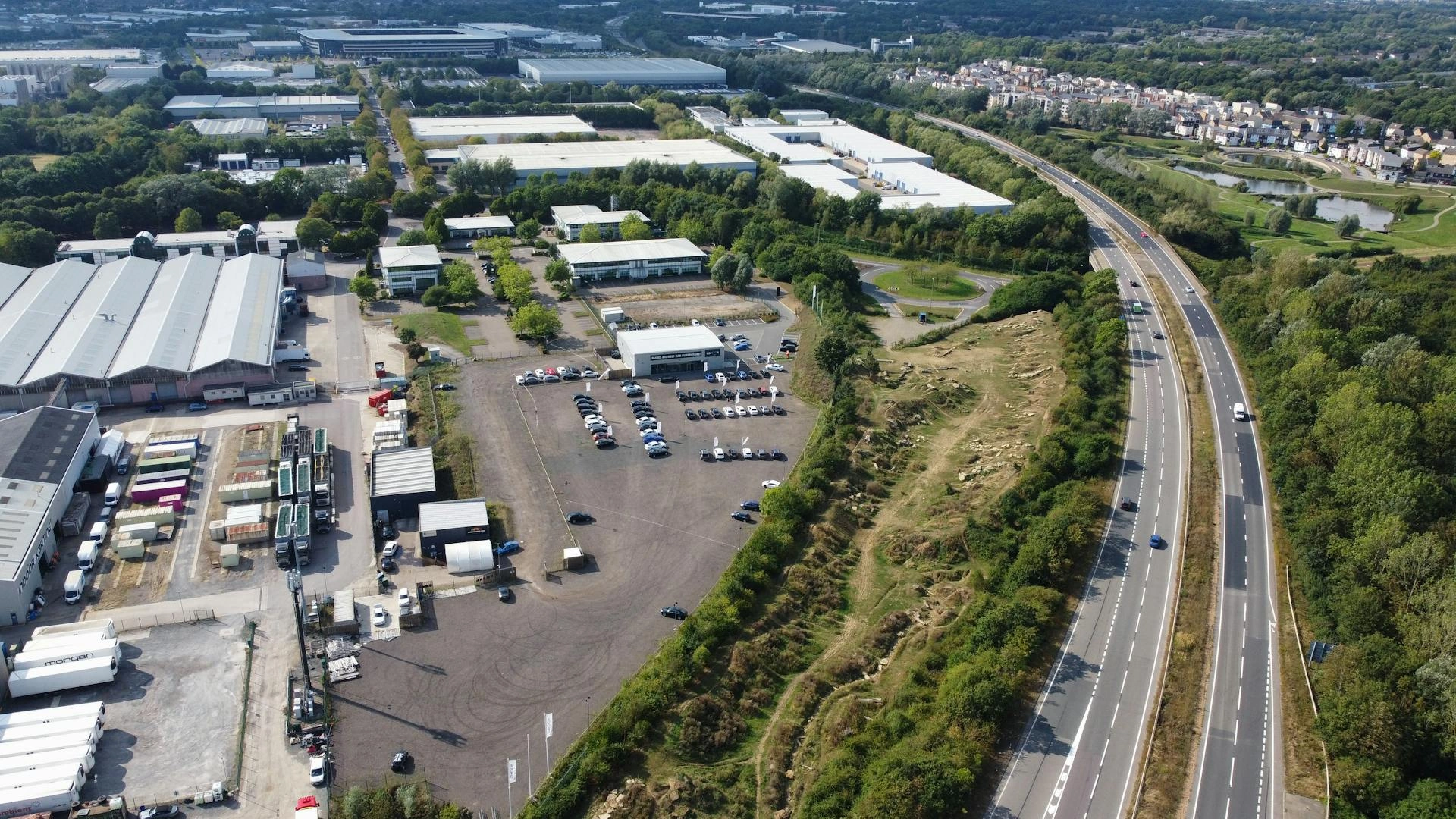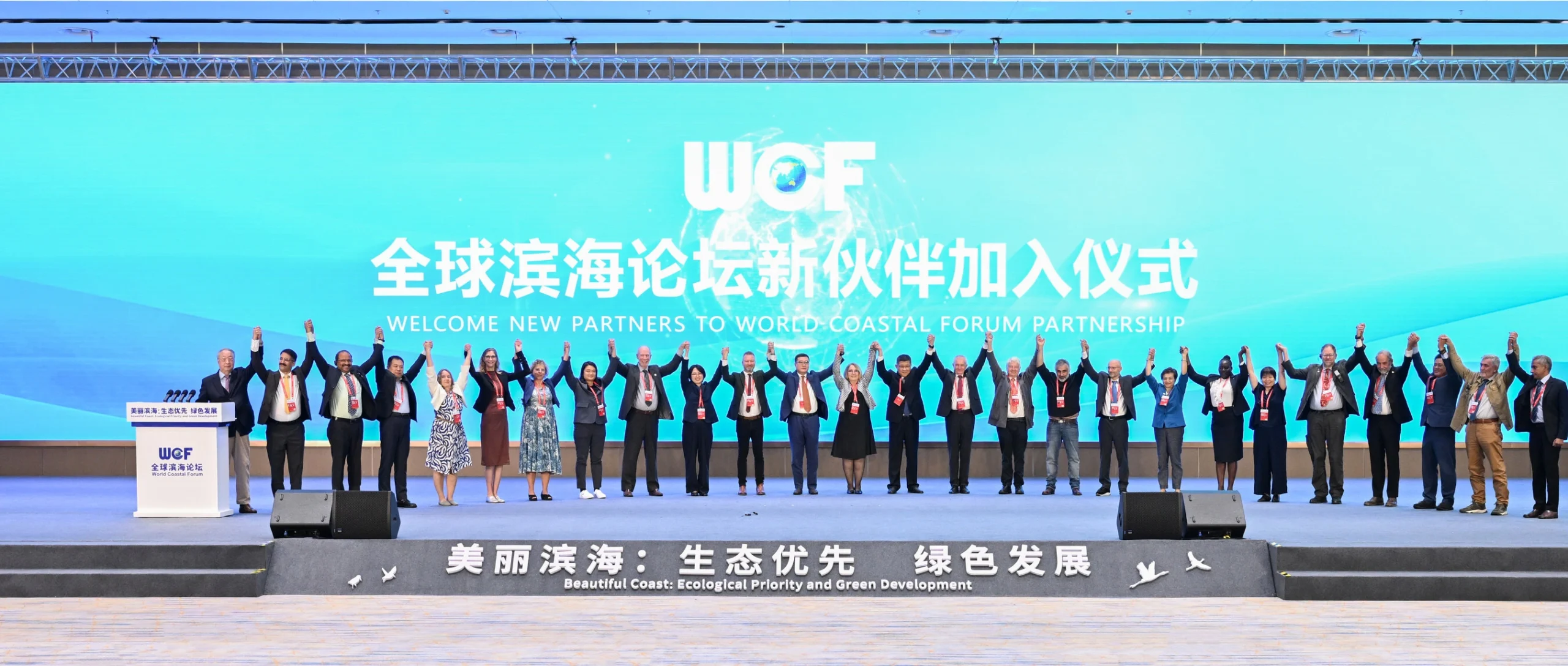Make your business a force for good

John E. Kaye
- Published
- Home, Sustainability
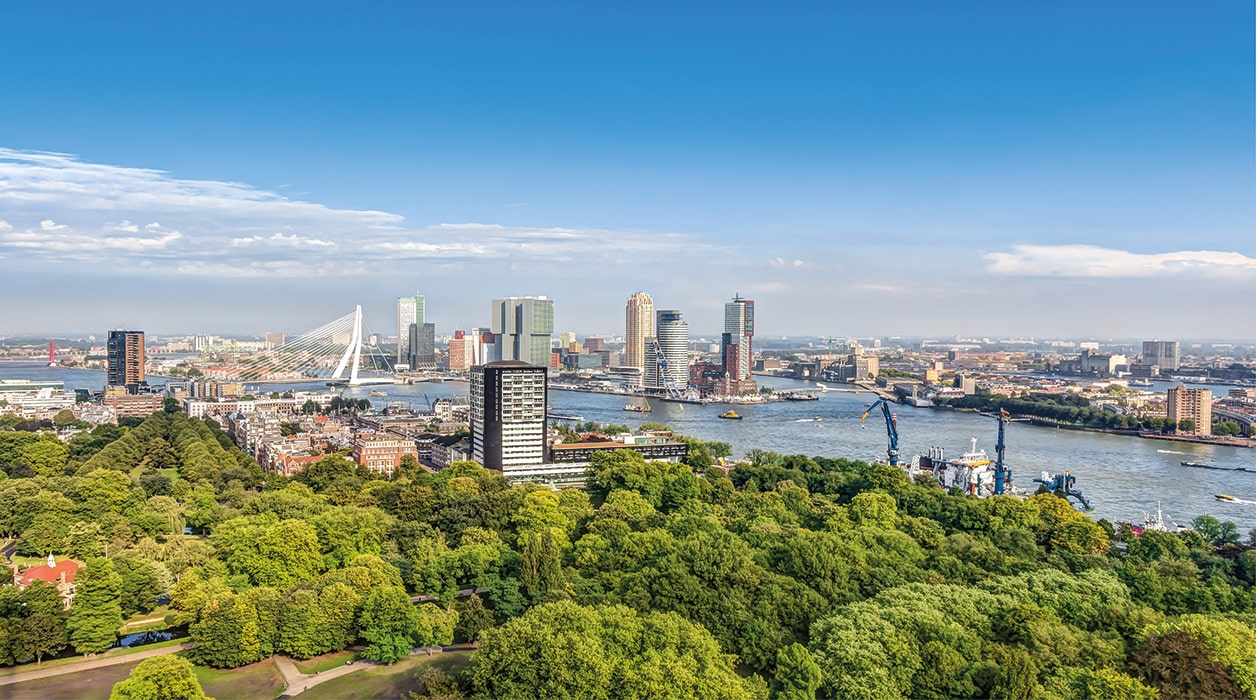
An interview with Felix Keser, Cilia Keser and Marc Roodhuyzen de Vries of sustainability management experts Nexio Projects
Nexio Projects represents the next generation of sustainability consultants. As a dynamic team of passionate change-makers, they aim to accelerate the transition from compliance- to purpose-driven organisations. How? By helping businesses identify where they stand on Environmental, Social and Governance (ESG) issues, setting new levels of ambition and creating practical roadmaps to walk the walk, all the while monitoring, tracking and reporting progress along the way. Nexio Project’s expertise ranges from supporting ESG rating and reporting, to carbon footprinting, lifecycle assessments and climate change and sustainability strategy work.
The European caught up with managing partners Felix Keser, Cilia Keser, and Marc Roodhuyzen de Vries to find out how businesses, in light of COP26, can leverage leadership, purpose, and collaboration to drive sustainable transformation.
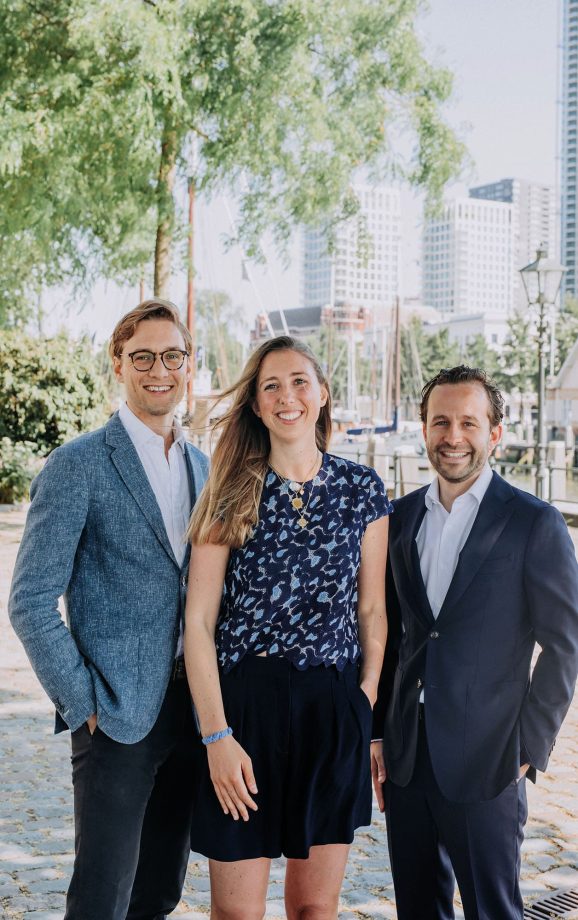
Can you outline the key challenges companies face when developing sustainable programmes and initiatives?
Initial findings from our annual sustainability survey highlight three main challenges: limited understanding of ever-changing frameworks and standards, lack of leadership buy-in and difficulty in translating commitments into action.
“Corporate sustainability” has rapidly evolved over recent decades as we shifted from the era of corporate social responsibility (CSR) to a slow but sure standardisation of ESG measurement and reporting frameworks. The rapidity of this shift and mushrooming of standards, frameworks, certifiers, and raters has made it difficult for companies to focus on what is crucial to their company and operations, rather than what your competitor is doing. For example, a question we often get is: what weight should a company place on ESG issues and how should they prioritise? Going through a materiality assessment and using a rating such as EcoVadis can be a good start.
Another challenge is the lack of resources and support from both internal and external stakeholders. Many organisations still treat sustainability as a box-ticking exercise rather than a strategic framework. Leaders should not just devise sustainability goals but set a clear goal to be sustainable, and this takes a sense of urgency, personal commitment and clear pathways to action.
Finally, while many companies have the best intentions, we see the can often being kicked down the road. Beyond the lack of leadership commitment and accountability, clear incentive structures should be in place. We see it in our personal lives: to truly change behaviour, we need to be aware of our cognitive biases, mental models and limitations and build systems that enable change. The same applies to company transformation. Some examples are executive compensation linked to ESG performance or nudges that close the intention-action gap.
What are the main levers needed to drive sustainable transformation?
Again, we would highlight three main leverage points: leadership, purpose and collaboration.
Strong leadership – We see it again and again: the most successful organisations in driving sustainable transformation are those where leadership has taken clear ownership of the sustainability agenda and where the top-down meets the bottom-up. These are organisations where boards and C-suites are accountable for material ESG risks and opportunities. Tough questions such as “is our business model at odds with our sustainability ambition?” have been asked. Good leaders are conscious, empathetic and see opportunities where others see a challenge.
A sense of purpose – Purpose brings focus and creates the energy needed to drive sustainable transformation. Without this, organisations won’t be able to embed sustainability within their DNA and ensure long-lasting change.
Collaboration – This echoes the goal of COP26.Issues such as climate change are collective action problems, and no one can solve them alone. While this is true at the national level, the business community must shift to a mindset of collective ownership. There are fewer and fewer problems specific to any one company, industry, or even country. As a result, businesses should collaborate through joint commitments and movements and most importantly throughout their value chain: from customers to suppliers.
How does Nexio Projects support clients in this transformation?
Since 2017, we’ve partnered with more than 200 companies around the globe to help them grow on their sustainability maturity curve. This often starts with a benchmarking exercise – either on general ESG issues or a more specific carbon footprint assessment – and is followed by a gap analysis to identify practical roadmaps to action. Finally, to engage stakeholders in the process, we support our clients in communicating and reporting on efforts. Key to these projects is the importance we place on collaboration and partnerships, with clients, coopetitors and other domain experts alike. We are truly aware we cannot solve such issues alone and, in the same vein as COP26’s mission to “unite the world to tackle climate change”, we strongly believe in alignment, unity and inclusion. It’s a cliché, but it’s true: we’re so much stronger when we work together.
For further information:
RECENT ARTICLES
-
 Strong ESG records help firms take R&D global, study finds
Strong ESG records help firms take R&D global, study finds -
 How residence and citizenship programmes strengthen national resilience
How residence and citizenship programmes strengthen national resilience -
 Global leaders enter 2026 facing a defining climate choice
Global leaders enter 2026 facing a defining climate choice -
 EU sustainability rules drive digital compliance push in Uzbekistan ahead of export change
EU sustainability rules drive digital compliance push in Uzbekistan ahead of export change -
 China’s BYD overtakes Tesla as world’s largest electric car seller
China’s BYD overtakes Tesla as world’s largest electric car seller -
 UK education group signs agreement to operate UN training centre network hub
UK education group signs agreement to operate UN training centre network hub -
 Mycelium breakthrough shows there’s mush-room to grow in greener manufacturing
Mycelium breakthrough shows there’s mush-room to grow in greener manufacturing -
 Oxford to host new annual youth climate summit on UN World Environment Day
Oxford to host new annual youth climate summit on UN World Environment Day -
 Exclusive: Global United Nations delegates meet in London as GEDU sets out new cross-network sustainability plan
Exclusive: Global United Nations delegates meet in London as GEDU sets out new cross-network sustainability plan -
 Fast fashion brands ‘greenwash’ shoppers with guilt-easing claims, study warns
Fast fashion brands ‘greenwash’ shoppers with guilt-easing claims, study warns -
 Private sector set to overtake government as main driver of corporate sustainability in 2026, report suggests
Private sector set to overtake government as main driver of corporate sustainability in 2026, report suggests -
 Sir Trevor McDonald honoured at UWI London Benefit Dinner celebrating Caribbean achievement
Sir Trevor McDonald honoured at UWI London Benefit Dinner celebrating Caribbean achievement -
 Historic motorsport confronts its energy future
Historic motorsport confronts its energy future -
 Protecting the world’s wild places: Dr Catherine Barnard on how local partnerships drive global conservation
Protecting the world’s wild places: Dr Catherine Barnard on how local partnerships drive global conservation -
 Europe’s HyDeal eyes Africa for low-cost hydrogen link to Europe
Europe’s HyDeal eyes Africa for low-cost hydrogen link to Europe -
 Fabric of change
Fabric of change -
 Courage in an uncertain world: how fashion builds resilience now
Courage in an uncertain world: how fashion builds resilience now -
 UAE breaks ground on world’s first 24-hour renewable power plant
UAE breaks ground on world’s first 24-hour renewable power plant -
 China’s Yancheng sets a global benchmark for conservation and climate action
China’s Yancheng sets a global benchmark for conservation and climate action -
 Inside Iceland’s green biotechnology revolution
Inside Iceland’s green biotechnology revolution -
 Global development banks agree new priorities on finance, water security and private capital ahead of COP30
Global development banks agree new priorities on finance, water security and private capital ahead of COP30 -
 UK organisations show rising net zero ambition despite financial pressures, new survey finds
UK organisations show rising net zero ambition despite financial pressures, new survey finds -
 Gulf ESG efforts fail to link profit with sustainability, study shows
Gulf ESG efforts fail to link profit with sustainability, study shows -
 Redress and UN network call for fashion industry to meet sustainability goals
Redress and UN network call for fashion industry to meet sustainability goals -
 World Coastal Forum leaders warn of accelerating global ecosystem collapse
World Coastal Forum leaders warn of accelerating global ecosystem collapse






